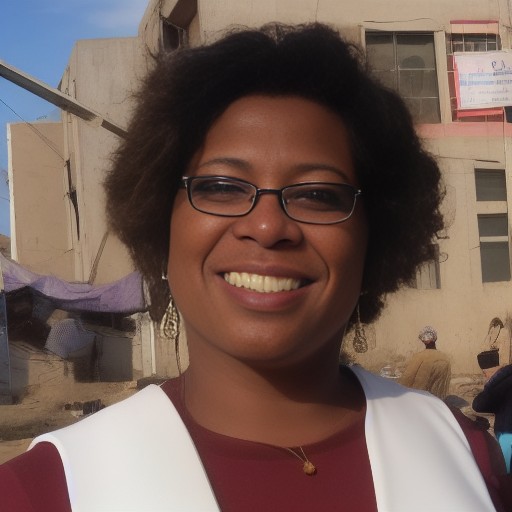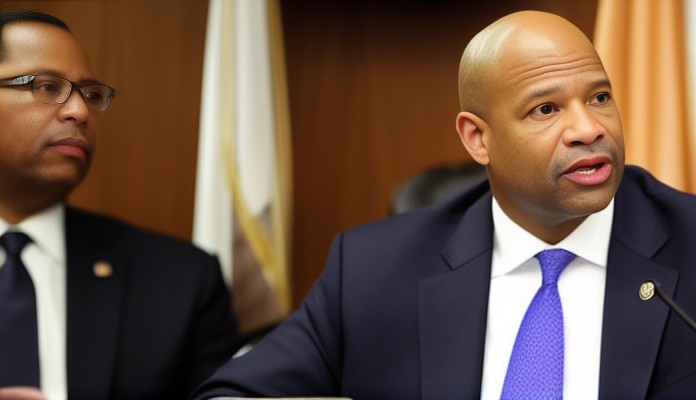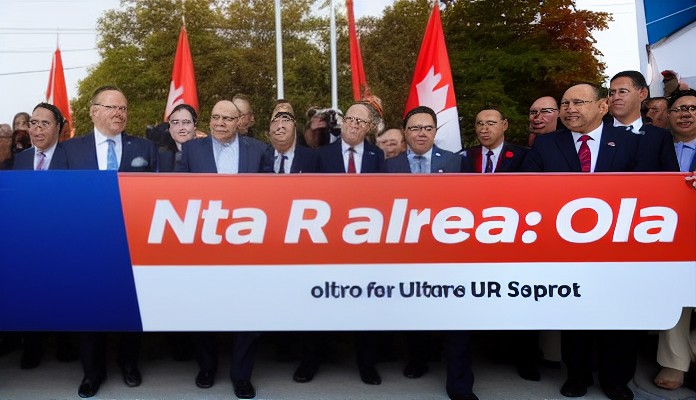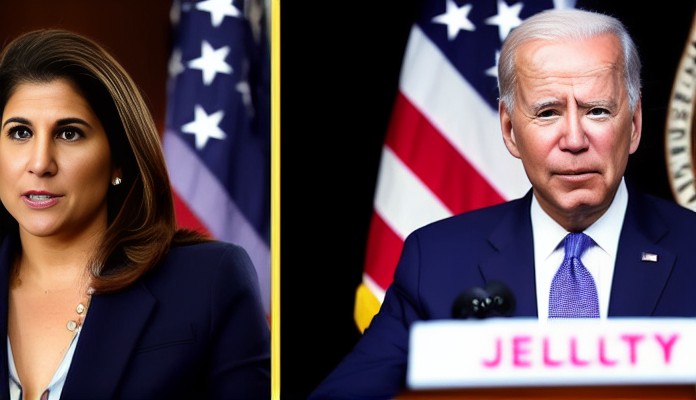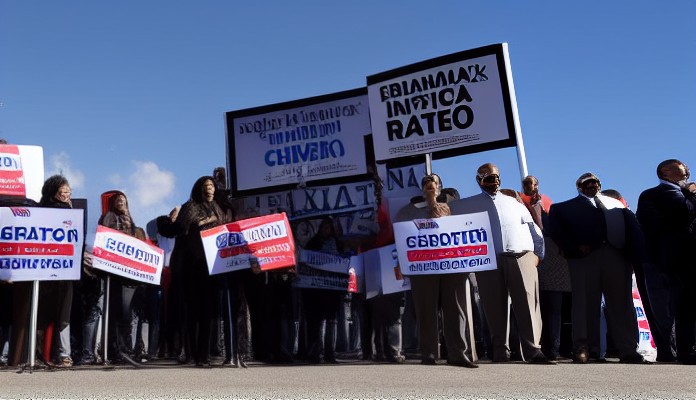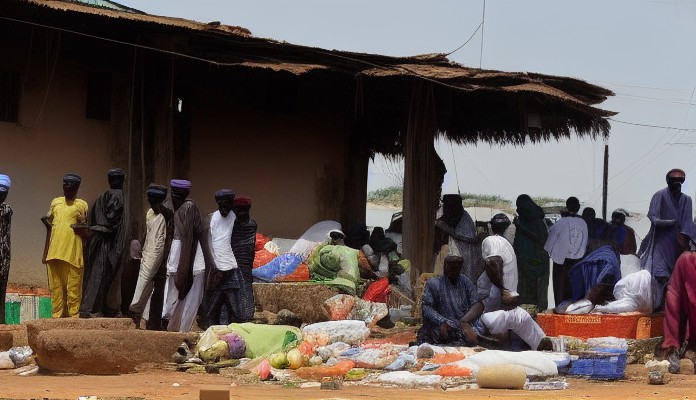France, Mali, Sahel
Politics
 Military intervention in Sahel region leads to conflict between different countries.
Military intervention in Sahel region leads to conflict between different countries.
In the heart of Africa, the Sahel region is experiencing a surge in military intervention, as many countries, including France, Niger, Chad, Libya, Algeria, and Mali have been involved in efforts to stabilize the troubled region. As the situation in the Sahel continues to unfold, we spoke with representatives from these countries to understand their role in the military coalition and what their ultimate goal is.
According to the United Nations, the Sahel is one of the most violent regions in the world, with 15% of all civil wars taking place here. The conflict has spanned multiple decades and involves several ethnic groups, including the Tuareg, the Fulani, and the Hausa. The influx of foreign troops has caused concern among the local population, who fear that they will be treated unfairly by the military, or that their own nationals will be targeted for punishment.
France has been particularly active in the region, sending over 400 troops to the country as part of a NATO mission to support Mali in its fight against Islamic State (IS) terrorists. The French military has also deployed troops to Chad, where there has been a significant insurgency involving Boko Haram, a Nigerian militant group linked to IS.
Niger has also been heavily involved in the region, with troops from its military deployed in the North, where there are concerns about Boko Haram involvement. In addition to the French and Niger troops, other countries like Senegal, Burkina Faso, and Guinea have also contributed troops to the military coalition.
The military intervention has been praised by some, but criticized by others. Some argue that the military intervention is a violation of the sovereignty of the host countries and could lead to further destabilization of the region. Others see it as a necessary measure to protect civilians and prevent further violence.
In conclusion, the military intervention in the Sahel region is a complex issue, with different perspectives on what the ultimate goal of the military should be. While the military intervention has been praised by some as necessary to protect civilians, others see it as a violation of the sovereignty of the host countries and a potential danger to the stability of the region. It remains to be seen how this conflict will unfold in the future, but one thing is clear - the situation in the Sahel is not going away anytime soon.
